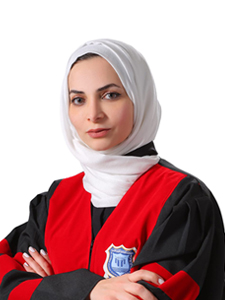This pioneering project addresses a significant gap in the integration of artificial intelligence into humanities education, particularly in language and translation studies. With the increasing reliance on AI technologies in modern life, this initiative, launched in the academic year 2023–2024, was designed to enhance student engagement, skill development, and sustainable access to inclusive education by embedding AI tools into academic curricula. The project’s overarching goals are to explore the educational potential of AI-powered platforms, such as neural machine translation systems and OpenAI chatbots, develop AI-integrated teaching methodologies, and promote 21st-century skills including critical thinking, digital literacy, and self-directed learning among students from diverse socioeconomic backgrounds.
The implementation consisted of three core components. First, the project was grounded in academic research, with the publication of "Artificial Intelligence in Education: Harnessing Its Power as a Valuable Tool, Not an Adversary," providing the theoretical framework. Second, the course "Translation Technology" was redesigned to incorporate a blended learning approach, combining traditional instruction with interactive AI-based modules. Third, the community engagement element involved the creation of "Tech Tips with Linda," an Instagram and YouTube channel offering free, accessible tutorials on AI tools for language learning, enabling inclusive access to technological skills. The initiative faced several challenges, such as students’ limited computer literacy and financial barriers to accessing premium AI tools. These were addressed by focusing on freely available tools and simplifying content delivery through social media.
The impact has been tangible and far-reaching. The revised course received a 100% positive student evaluation, and the Tech Tips channel gained over 1,000 followers and 17,000+ video views within four months. These outcomes reflect the project’s success in creating interactive, equitable learning environments that align with several Sustainable Development Goals (SDGs), including SDG 4 (Quality Education), SDG 10 (Reduced Inequalities), and SDG 9 (Industry, Innovation, and Infrastructure). Additionally, follow-up research is underway, investigating AI’s role in skill development, translation accuracy, and bias detection in automated systems.
Currently, the project is expanding through cross-institutional collaborations and the development of publicly accessible educational resources. Plans include integrating the model into massive open online courses (MOOCs), gathering student and faculty testimonials, and exploring policy-level support for curriculum innovation. The project exemplifies how AI can be used not only to enhance academic outcomes but also to democratize access to high-quality education. With its academic integrity, practical outreach, and replicable design, this initiative offers a forward-looking model for modern education that bridges technology with the humanities.









